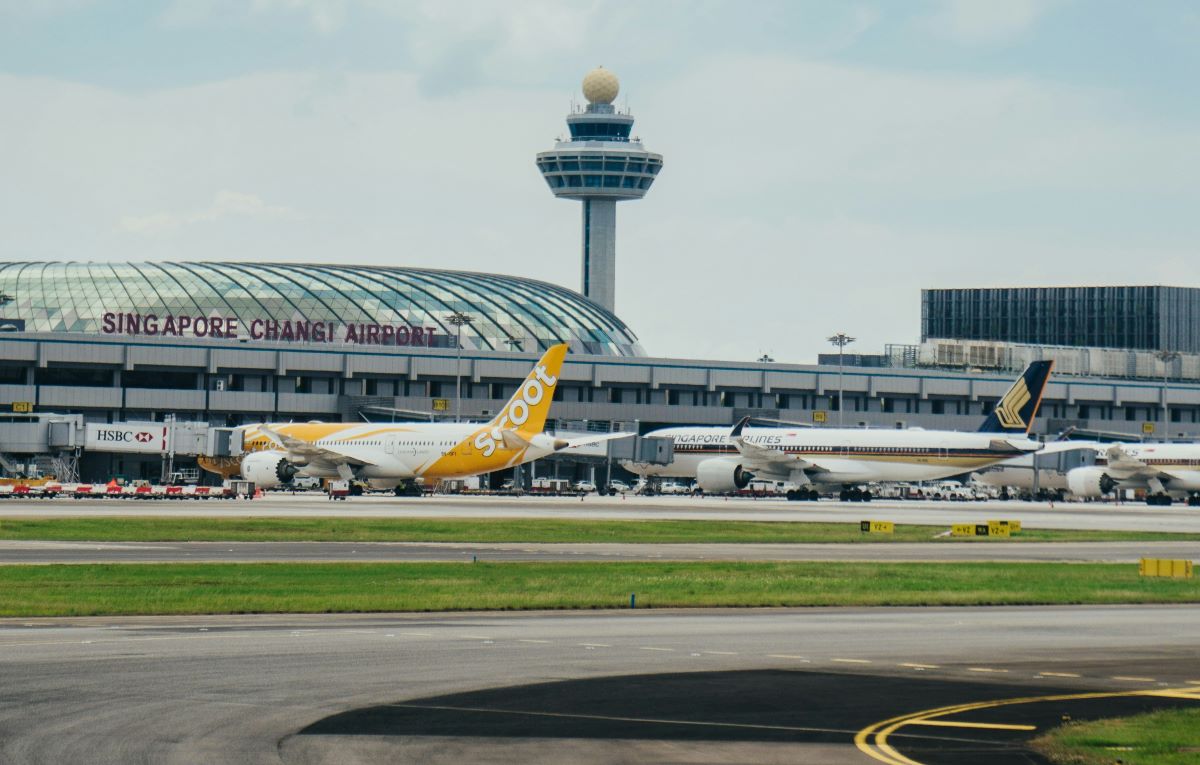Singapore Aviation Industry Steps Towards Decarbonization With Hydrogen Fuel
According to the Singapore Hydrogen Cooperation Committee, hydrogen fuel may be useful in the state's efforts to decarbonize aviation.
The working group was established when Airbus, Changi Airport Group, Linde, and the Civil Aviation Authority of Singapore (CAAS) signed the Cooperation Agreement in February 2022. Since then, the committee has looked into the infrastructure needs and demand for hydrogen in local and regional markets, as well as possible factors to take into account when creating a successful hydrogen ecosystem for the city-state's aviation industry.
The committee's early technical feasibility study regarding the technology to power aeroplanes with liquid hydrogen helps ensure that Singapore will be ready to include it in its aircraft decarbonization plan once it matures and becomes practical.
Sabine Klauke, Chief Technology Officer at Airbus, said, “Stakeholders in the Asia-Pacific region are increasingly taking greater interest in making significant investments into hydrogen, developing new technologies and establishing supply chains. Together with our partners, we recognise the potential of hydrogen becoming a longer-term decarbonisation pathway for aircraft operations, complementing sustainable aviation fuel, in support of our transition towards net zero by 2050.”
The committee has identified infrastructure scenarios as part of the study that may facilitate the gradual implementation of a large-scale supply of liquid hydrogen for aviation at Changi Airport in the distant future. These possibilities are predicated on future hydrogen aircraft that will operate in Singapore between 2035 and 2040, carrying between 100 and 200 people and having a range of 1000 to 2000 nautical miles.
The committee noted that while an aircraft with a 2,000 nautical mile range from Changi Airport in Singapore could eventually reach 74 airports in 20 Asia-Pacific countries and territories, other critical factors, like the level of hydrogen readiness at potential destination airports and the commercial considerations of airlines, would also be crucial to realizing hydrogen-powered flights between Changi Airport and other airports in the region.
Mr Han Kok Juan, Director-General of CAAS, said, “The International Civil Aviation Organisation Member States have adopted a collective long-term global aspirational goal of net-zero carbon emissions by 2050.” He added, “CAAS has shared some of the key findings from the study with relevant government agencies for longer-term national planning for the demand for hydrogen and will continue to monitor signposts around the development of hydrogen technology for aircraft operations.”
Ms Poh Li San, Senior Vice President, Terminal 5 Specialised Systems, Changi Airport Group, said, “Hydrogen technology is still in its nascency, with many uncertainties and the industry is working hard to study aspects such as operations, safety, regulation and economics. These need to be examined further. As the aviation industry progresses on its sustainability journey, it is prudent to take a phased approach as air hubs study how best to support the use of hydrogen by aircraft.”
“Hydrogen has a key role to play in the global clean energy transition. In aviation, hydrogen shows promise on two fronts: reducing aircraft emissions in the air, and decarbonising airside ground activities,” said John Panikar, EVP and CEO of APAC, Linde. “Linde has over 100 years of experience with hydrogen. Our business spans the entire global hydrogen value chain and we look forward to leveraging our capabilities to develop the promise of hydrogen in aviation further.”
The committee agreed that continued monitoring of the development of hydrogen technology was important, which includes the maturity of hydrogen aircraft technology, development of associated CONOPs for logistics, storage, onsite distribution and refuelling of liquid hydrogen, safety regulatory frameworks for aircraft operations, their development on a commercial-scale supply chain, relative costs and preparedness of an airport to accommodate related changes to ensure the launch of hydrogen-powered aviation.
For more Travel and Technology related News and Blogs, stay tuned with Travnettech.

